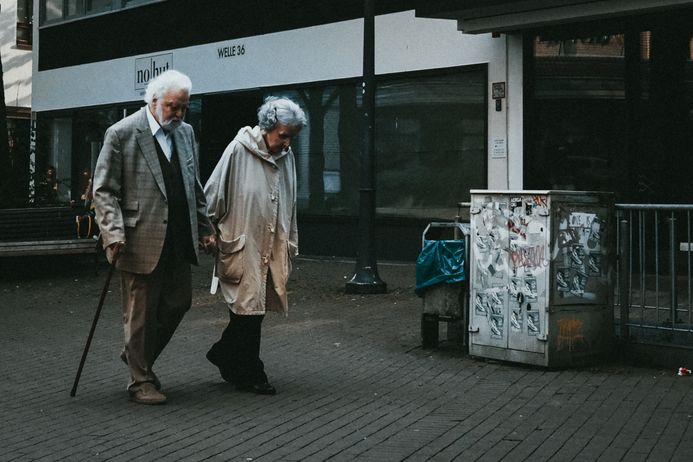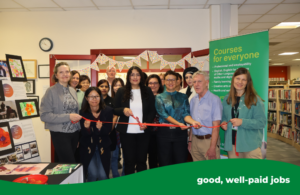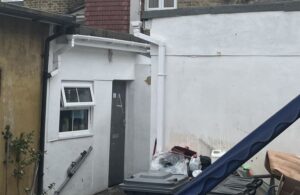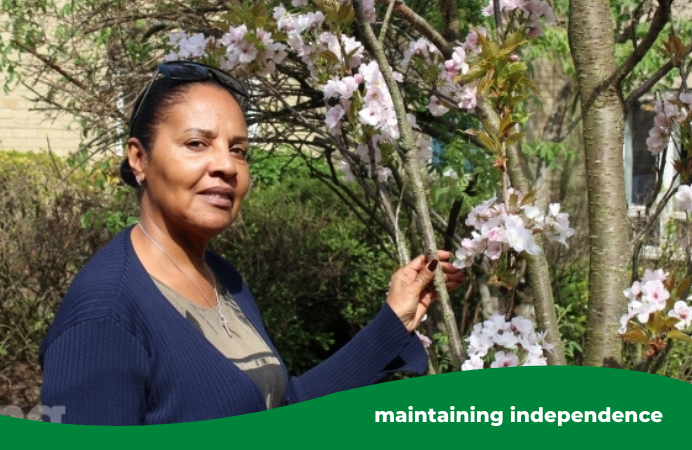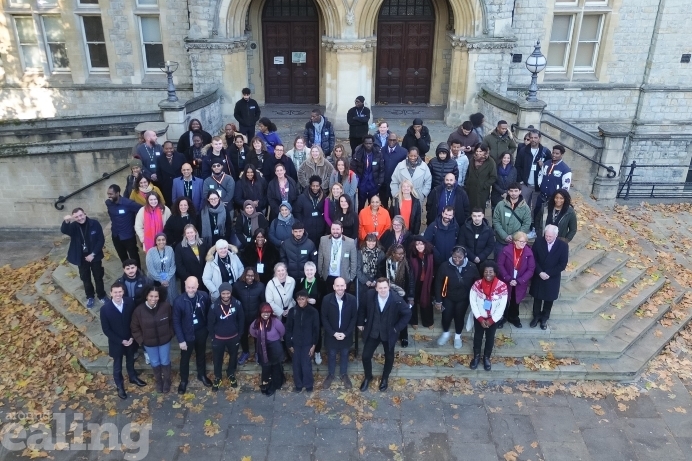Under the government’s new national restrictions that are in force from today (Thursday, 5 November) to Wednesday, 2 December, everyone must stay at home as much as possible, gatherings with people you don’t live with are restricted and certain businesses and venues are ordered to close.
In order to keep everyone safe and protect the most vulnerable in our communities, it is essential that everyone follows public health guidance and importantly the new national restrictions from Thursday.
Councillor Binda Rai, the council’s cabinet member for adult social care and public health, said: “We’re seeing an increase in COVID-19 infections amongst those over 50, as well as among young people. This virus has no respect for boundaries and those with underlying health conditions and members of the BAME community are particularly vulnerable.
“I would, therefore, urge all of us to think about our actions and consider how some of those actions could potentially put the people we care about at risk – a risk that could have devastating consequences.
“Please stay at home as much as possible and follow the new national restrictions, seek help if you need it and if you have symptoms – a new, continuous cough; high temperature; loss or change to your sense of smell or taste – you must self-isolate and get tested without delay.”
Advice for people over 60 or clinically vulnerable
If you are over 60 or are clinically vulnerable, you are advised to be especially careful to follow the new national restrictions and to:
- Minimise your contacts with others
- Continue to wash your hands carefully and more frequently than usual
- Maintain thorough cleaning of frequently touched areas in your home and/or workspace.
Advice for people with serious health conditions and identified as clinically extremely vulnerable
Shielding has not been advised by the government for people with serious health conditions and identified as clinically extremely vulnerable. The new national restrictions aim to protect everyone, including those who are classified as clinically extremely vulnerable.
To further protect this group, the government has published additional advice and support for them specifically. The new guidance acknowledges the fact that many people found shielding very restrictive and have therefore provided practical steps to help keep you safe while reducing some of the potentially harmful impacts on mental and social wellbeing.
For people with specific serious health conditions and have been identified as clinically extremely vulnerable to coronavirus will receive a letter from the government telling you updated guidance to follow on top of the new national restrictions.
In the updated guidance, you are encouraged to:
- Stay at home as much as possible, except to go outdoors for exercise or to attend essential health appointments
- Avoid all non-essential travel by private or public transport
- Avoid going to the shops or pharmacies
- Work from home.
If you cannot work from home, you are advised not to go to work and may be eligible for Statutory Sick Pay (SSP) or Employment Support Allowance (ESA).
You may wish to meet up with one other person from outside your household or support bubble, for example, to exercise in an outdoor public place, to benefit your mental wellbeing.
Get support
The council’s website is updated regularly with advice and links offering support for vulnerable residents who may be struggling with finance, health and wellbeing, work or job security, or who may need support in accessing food and medicines.
If you have been identified as clinically extremely vulnerable to coronavirus, you can register for additional support on the government’s new online service to get access to priority supermarket deliveries, ask for someone to contact you about any local support available and to update your details. Register online here. If you have already registered to receive a priority online delivery slot, this will continue and there is no further action required.
All residents who are over 60 or clinically vulnerable, clinically extremely vulnerable or have been told to self-isolate by Test and Trace and are worried about how you will source food and essentials, can call the council’s Ealing Together helpline for advice on 020 8825 7170.
We may be able to help with securing an online delivery slot or putting you in touch with local volunteers who can collect your shopping you have paid for on your behalf. We can also provide support if you are in financial crisis and cannot pay for food.
If you go outside your home, remember ‘Hands. Face. Space.’:
- Hands – wash your hands regularly with warm, soapy water for at least 20 seconds
- Face – wear a face covering in indoor public spaces, unless exempt. When wearing a face covering, it should cover your nose and mouth
- Space – stay 2 meters apart from people you don’t live with
Get tested now
If you develop symptoms – a new, continuous cough; high temperature; loss or change to your sense of smell or taste – you must self-isolate and book a test online on nhs.uk/coronavirus or by calling 119.
